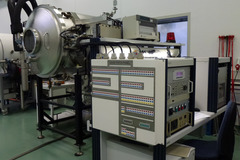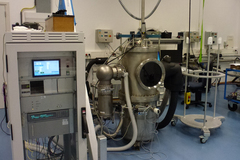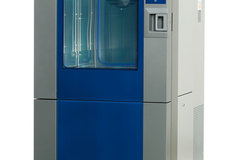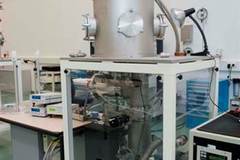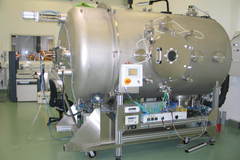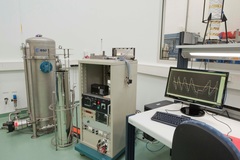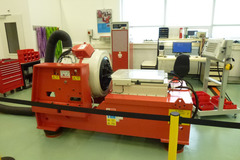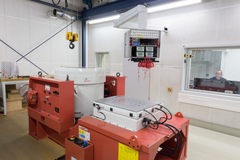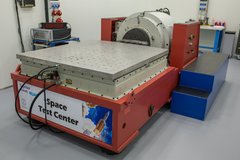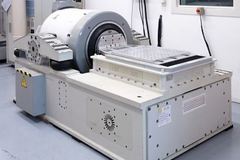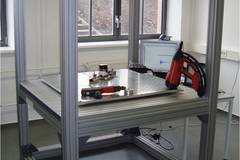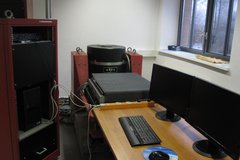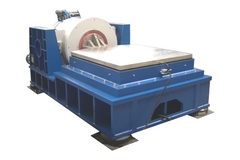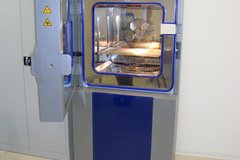A pyroshock is the structural response of the test object to a shock load of a pyrotechnical process. Possible damaging effects of pyroshocks are:
- Cracks and fraction in crystals, ceramics, glass shrouds, soldering joints, electric wires, sealings and epoxy resins
- Deflection of small and light-weight structures
- Destruction or failure of electric relays and switches
- Damaging, especially on alignments, optic and micro-mechanic parts
- Short circuits caused by detaching and transporting of conductive particles
Pyroshock
· loads simulated by impact shocks
· shock by means of bolt driving tool
Classic Shock
· impulse hammer test facility
· hammer transfers the kinetic energy to the test item
· high degree of flexibility by varying the point of application and intensity of shocks
· measurement of shock input in 3 axes and Response
MIL 883 Unit Tests
Transportation Tests
Automotive Tests
Standard and Customer Requirements
Available standards (e.g. ASTM, MIL):
MIL 883
Features mechanical:
Sine
Random
Shock
Static load
Micro vibration
Acoustic
Specimen length [mm]:
800.0
Specimen width/dia [mm]:
800.0
Specimen height/thk [mm]:
800.0
Mass max. [kg]:
50.0
Frequency min. [Hz]:
100.0
Frequency max. [Hz]:
4000
Acceleration shock [g]:
5000
Data acquisition:
16 Chanel
Cleanroom classes (ISO 14644-1):
ISO Class ≤5
ISO Class 6
ISO Class 7
ISO Class 8
ISO Class 9
Certification:
ISO/IEC 17025
ISO 9001
AS/EN/JISQ 9100
Keywords:
shock pyroshock, astrofein

